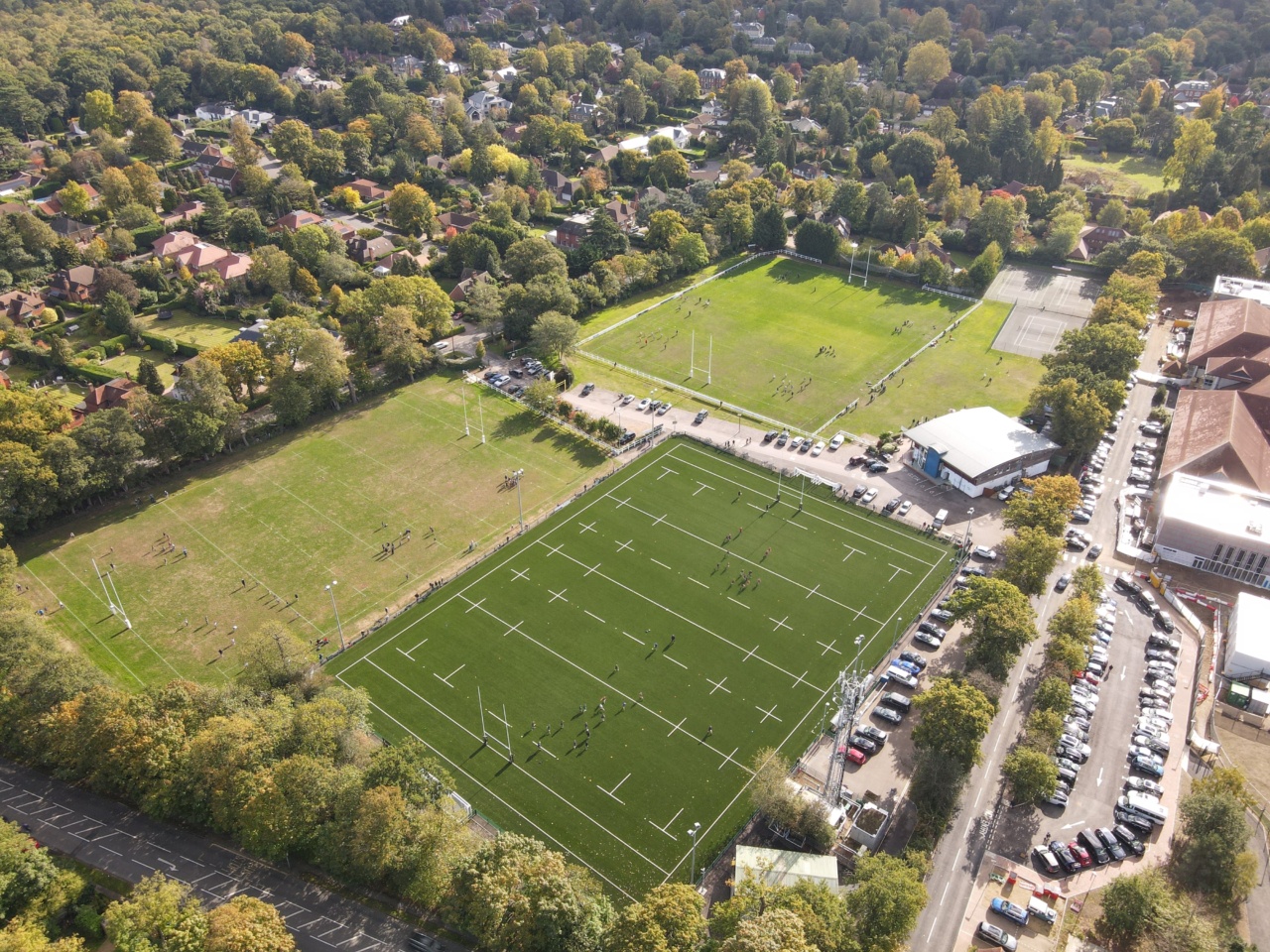As people age, there are many changes that occur in their bodies, which can affect their sex drive and sexual activity frequency.
Sexual activity does not decrease at a particular age, but there are some physical, emotional, and psychological factors that can influence a decrease in frequency or complete loss of interest in sexual activity.
Hormonal changes
As people age, hormonal changes occur which can significantly affect their sexual activity. Testosterone, the major hormone responsible for sex drive, decreases in men after the age of 30.
In women, hormonal changes that occur during menopause can cause a decrease in estrogen levels leading to vaginal dryness, decreased sex drive, and pain during intercourse. In some cases, hormone replacement therapy (HRT) is an option to improve sexual activity frequency in both men and women who experience these hormonal changes.
Medical conditions
Medical conditions can affect sexual activity in different ways. People with chronic illnesses such as diabetes, heart disease, hypertension, and cancer are at increased risk of experiencing decreased sexual activity frequency.
These conditions can affect blood flow to the genital area, causing reduced arousal levels, or chronic pain, leading to reduced sex drive.
Medications
The use of certain medications can affect sexual activity frequency. Medications that affect the central nervous system, such as antidepressants, antihistamines, and tranquilizers can reduce sex drive.
Along with that, medications for chronic illnesses, such as hypertension, can affect blood flow, leading to reduced arousal levels.
Psychological factors
Sexual activity involves both the physical and emotional aspects of human nature. Psychological factors such as depression, anxiety, stress, and relationships can adversely affect sexual activity.
Depression and anxiety can cause reduced energy levels and lack of interest, which leads to a decrease in sexual activity.
Lifestyle factors
Lifestyle factors such as alcohol and drug use, smoking, and obesity can affect sexual activity frequency. Alcohol and drug use can affect the nervous system, leading to reduced sex drive.
Smoking can cause reduced blood flow leading to erectile dysfunction and, in women, vaginal dryness, making intercourse painful. Obesity can cause hormonal changes leading to reduced testosterone levels in men and increased estrogen levels in women, which can affect sex drive.
Ageing and sexual activity frequency
The frequency of sexual activity decreases with age. However, the decrease in frequency is not linear and can vary from person to person.
A study published in the Archives of Sexual Behavior found that sexual frequency decreases after the age of 25 up until the age of 60. After the age of 60, sexual frequency may decline steeply, with up to 40% of sexually active men and women reporting no sexual activity. However, other research suggests that a decline in sexual activity frequency does not always occur as people age.
Coping with reduced sexual activity frequency
Having a reduced frequency or no interest in sexual activity can be distressing for both men and women. It can cause frustration, anger, and resentment, leading to a strain on relationships.
Communicating with your partner, discussing any changes you have been experiencing, and exploring alternative forms of intimacy such as cuddling and hugging can be helpful. Seeking support from a therapist can also provide a safe space to explore any psychological factors that may be affecting sexual activity frequency or interest.
Conclusion
Reduced sexual activity frequency can be caused by a variety of factors, including hormonal changes, medical conditions, medications, psychological factors, and lifestyle factors.
While sexual activity frequency decreases with age, it does not necessarily occur at a specific age. Learning coping mechanisms and seeking support from a healthcare provider or therapist can help to mitigate the effects of reduced sexual activity frequency and improve overall quality of life.































